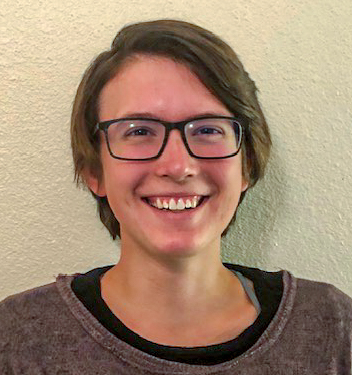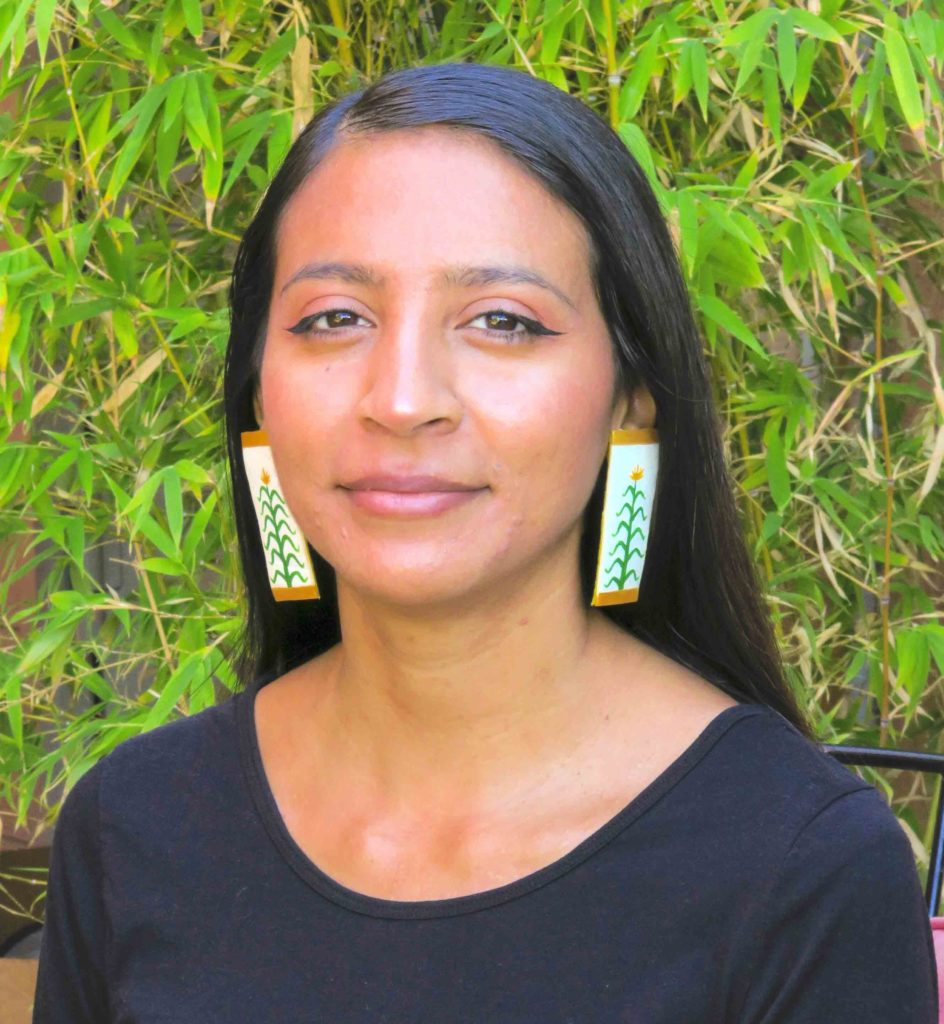Two new staff members have joined our team at NMFWRI this year.

Elliese Wright 
Natalia Shaw
In July, Elliese Wright was hired as a Collaboration Specialist through the Americorps VISTA Stewards program.
Elliese earned her Bachelor’s of Science in environmental science and toxicology with honors from Western Washington University in the spring of 2020. While attending WWU, she spent a semester in Ifrane, Morocco at Al Akhawayn University where she studied Arabic, economic development, and women’s studies, and conducted research for her Honors thesis on water rights issues in Morocco. At WWU, she worked at the Institute for Watershed Studies, where she was a laboratory assistant, and at the office of Environmental Health and Safety, where she managed hazardous waste.
Elliese’s professional goals are still being developed, but she plans to attend graduate school in the next few years to earn her master’s degree in Environmental Science. Her main interests are water quality issues and community health, and community engagement as it relates to science and policy.
She loves hiking, running, rock climbing, traveling, and challenging herself outdoors.
In October, Natalia Shaw joined NMFWRI as our Education and Outreach Coordinator. Natalia earned her Bachelor of Science in environmental Science from the University of Redlands and her Master of Science degree in environmental Science & Policy from Northern Arizona University (NAU). During her time at NAU, she developed a study that aimed to understand the hydrology of the Canyon de Chelly watershed and developed a hydrologic model that could inform land management and agricultural practices within the Canyon system. She previously worked for the Institute for Tribal Environmental Professionals (ITEP) as a lead instructor for the Environmental Education Outreach Program and has worked for several Tribal Nations in air quality monitoring and water resource management.
Natalia’s professional goals are centered on continuing growth as a land steward and engaging in underrepresented populations within the sciences and outdoors. She speaks Spanish and is currently in the process of learning her Indigenous language of Anishinaabemowin.
Natalia loves hiking, swimming, riding horses, reading, and enhancing her plant-identification skills.

